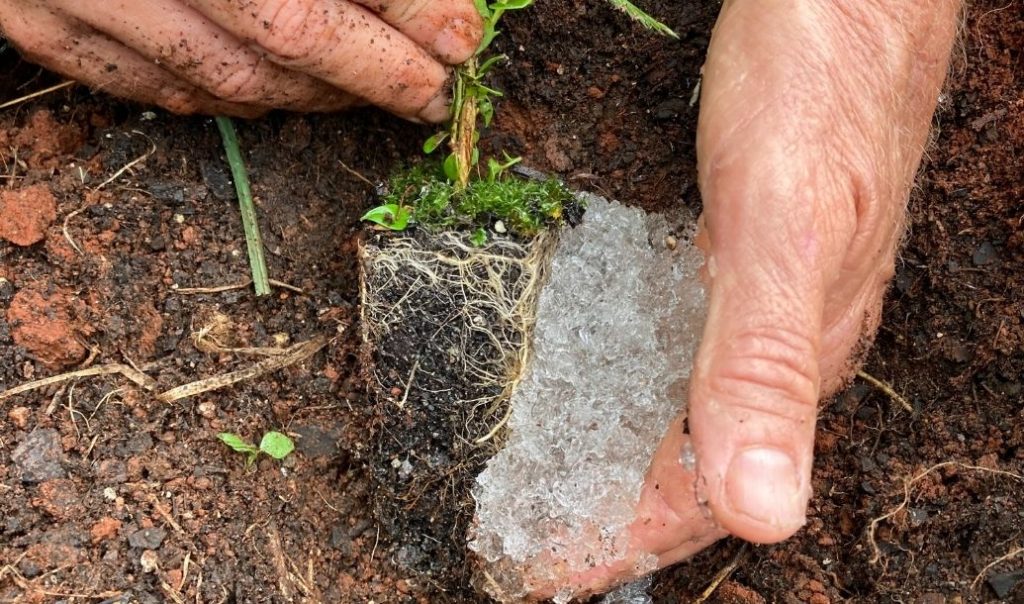Hydrogel for plants refers to a functional polymer designed to absorb water and transform into a gel-like substance. This hydrogel acts as a miniature water reservoir, releasing water gradually as plants require it, thus aiding in efficient water management in agriculture and horticulture.

Safety and Photolysis Concerns
Hydrogel polymers used for plants are generally considered safe, non-toxic, and environmentally friendly. They are often used in various applications, including artificial skin production, highlighting their safety profile. Additionally, during photolysis (degradation by sunlight), these polymers break down into water, carbon dioxide, and ammonia gas, posing no significant pollution or toxicity risks.
Quality Assessment
Hydrogel for plants can be sourced in two main variants: sodium polyacrylate and potassium polyacrylate. Potassium polyacrylate is typically preferred for its superior performance, although it comes at a higher price point compared to sodium polyacrylate. It’s essential to clarify the type and quality of hydrogel before making a purchase to ensure optimal results.
Diverse Applications and Customization
Hydrogel for plants finds diverse applications based on plant types, soil conditions, and water availability. Different sizes and formulations of hydrogel are available to suit specific needs, offering flexibility and customization options for various agricultural and horticultural practices.
Formulierte Chemikalien Service
We provide specialized formulated products and services backed by strong technical support from Qingdao University of Science & Technology. With our own research and development center and stringent quality control systems, we offer customized solutions tailored to meet our customers’ unique requirements. By analyzing the product content provided by our clients, we can formulate customized hydrogel products to ensure optimal performance and efficacy in plant care and water management.

